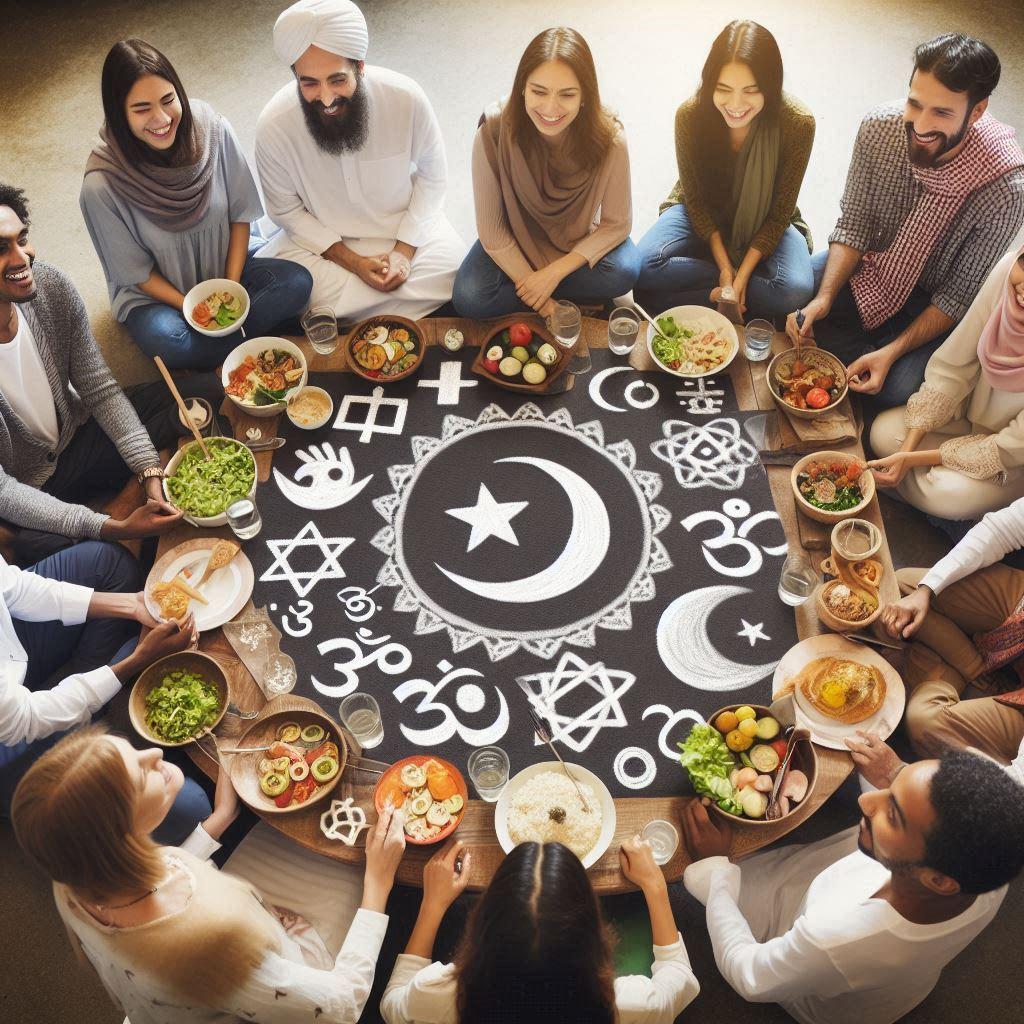## Overview
Religion has been a cornerstone of human civilization for millennia, influencing every aspect of life from ethics and laws to arts and sciences. This article explores the multifaceted role of religion in society, examining its historical significance, its impact on culture and morality, and its evolving place in the modern world.
### Historical Significance
Religion has been instrumental in the formation of societies and civilizations. Ancient religious practices often dictated the governance and social structures of early communities. For instance, the ancient Egyptian civilization was deeply intertwined with its religious beliefs, where pharaohs were considered gods on earth, ensuring their decrees were seen as divine mandates. Similarly, in Mesopotamia, the Code of Hammurabi, one of the oldest deciphered writings of significant length in the world, was believed to be handed down by the gods.
### Religion and Culture
Religion profoundly influences culture, shaping traditions, customs, and artistic expressions. Festivals, rituals, and ceremonies often have religious roots. For example, Diwali, celebrated by Hindus, Jains, Sikhs, and some Buddhists, marks the victory of light over darkness and good over evil. In Christianity, Christmas commemorates the birth of Jesus Christ, bringing communities together in celebration.
Art and literature have also been heavily influenced by religion. The Renaissance period in Europe, known for its significant advancements in art and science, was deeply rooted in Christian themes. Works by artists like Michelangelo and Leonardo da Vinci reflect religious narratives and symbols, showcasing the profound impact of faith on creative expression.
### Morality and Ethics
Religious teachings often serve as a foundation for moral and ethical frameworks within societies. The Ten Commandments in Christianity and Judaism, the Five Precepts in Buddhism, and the Five Pillars of Islam provide adherents with guidelines for living a moral life. These religious principles shape individual behavior and societal norms, promoting values such as honesty, compassion, and justice.
### Religion in the Modern World
In the contemporary era, the role of religion is evolving. While traditional practices and beliefs continue to hold significance, modern societies are witnessing a diversification of religious thought. Interfaith dialogues and the rise of secularism are reshaping the religious landscape.
The relationship between religion and science, historically marked by conflict, is now more collaborative. Many religious individuals and groups embrace scientific discoveries, integrating them with their faith. This synergy can be seen in the dialogue between evolutionary biology and theology or in ethical discussions surrounding genetic engineering and artificial intelligence.
### Challenges and Controversies
Religion's influence is not without challenges and controversies. Religious intolerance and extremism pose significant threats to global peace and security. The misuse of religious beliefs to justify violence, discrimination, or political agendas continues to be a critical issue. Promoting religious tolerance and understanding is essential in addressing these challenges.
### Conclusion
Religion remains a powerful force in shaping human society. Its historical significance, cultural impact, and moral guidance continue to influence billions of lives worldwide. As societies evolve, the role of religion adapts, fostering dialogue between tradition and modernity. Understanding and appreciating the diverse expressions of faith can promote a more inclusive and harmonious global community.

